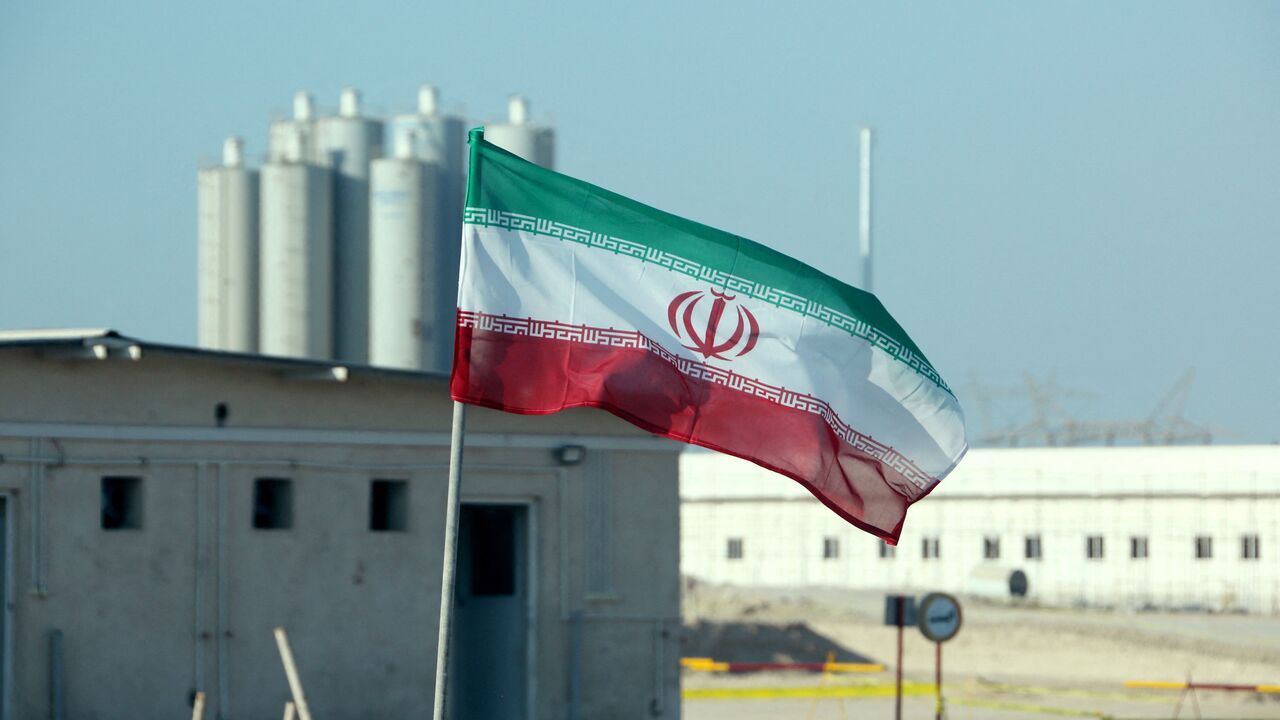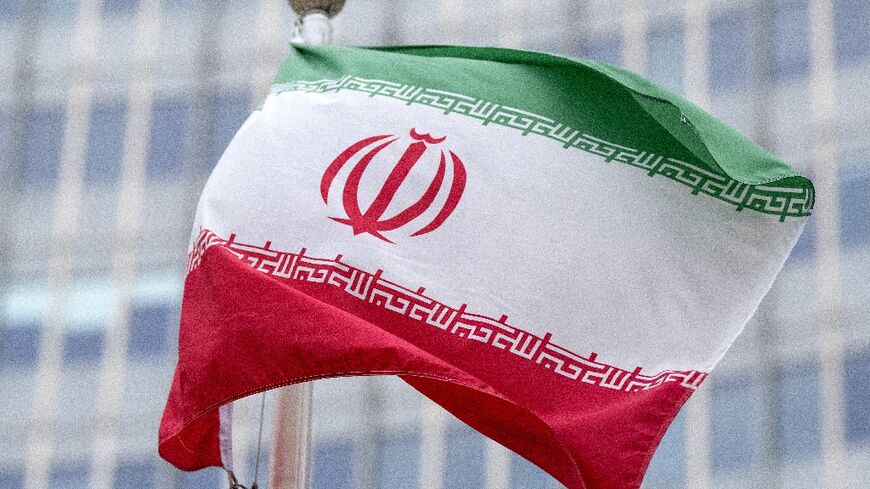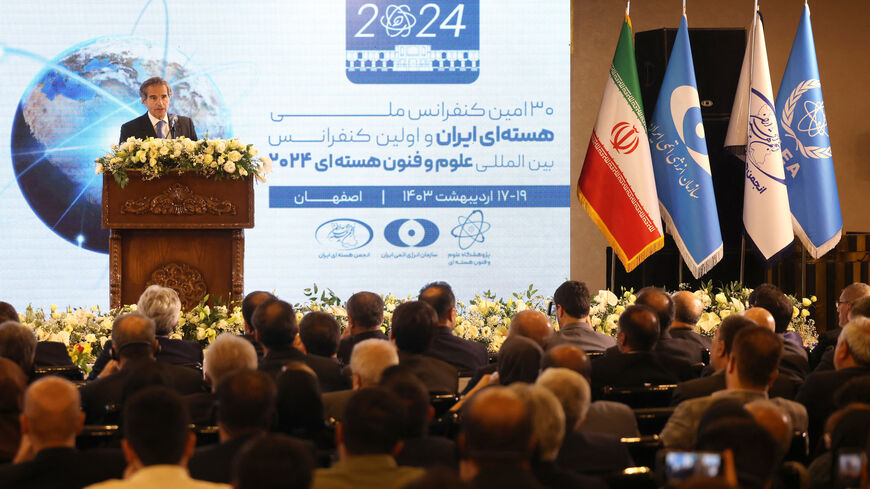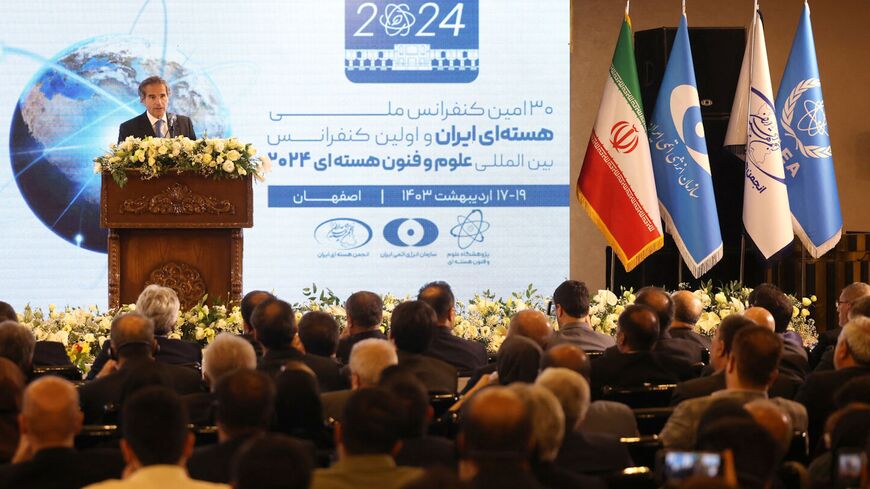IAEA censures Iran over nuclear activity
Out of its 35 member countries, 19 voted in favor of the resolution, 12 abstained, while China, Russia and Burkina Faso voted against it.

UN nuclear watchdog the International Atomic Energy Agency voted on Thursday to pass a resolution to censure Iran that was brought forth by Britain, France, Germany and the United States.
Out of its 35 member countries, 19 voted in favor of the resolution, 12 abstained, while China, Russia and Burkina Faso voted against it. One member did not vote.
The confidential resolution tabled on Wednesday, seen by Agence France-Presse, says it is “essential and urgent” for Iran to “act to fulfill its legal obligations.” It also calls on Tehran to provide “technically credible explanations” for the detection of enriched uranium particles found at two undeclared sites in Iran.
The censure is symbolic in nature but puts pressure on Iran. This is the second censure on Iran passed by the IAEA this year. The last was passed in June.
Prior to the censure vote, reports circulated citing confidential IAEA documents, which say that Iran had increased its stockpile of 60% enriched uranium to just over 400 pounds, compared with 350 pounds in August.
The documents also said, however, that Iran offered to cap its stock of uranium enriched to 60% — just a technical step away from nuclear weapons-grade enrichment of 90% — at 185 kilograms (around 407 pounds) and allow four more inspectors to monitor its nuclear development in an effort to prevent an IAEA censure.
In a statement to the IAEA on Thursday, US Ambassador to the IAEA Laura Holgate said that the United States finds Iran’s nuclear activity “deeply troubling.” “As the report makes clear, Iran continues to expand its nuclear program, to install additional advanced centrifuge cascades and to accumulate greater quantities of highly enriched uranium.”
“In addition, we deeply regret that Iran continues to stonewall the agency on longstanding safeguards concerns and refuses to implement its legal obligations,” her statement read.
Iran's Foreign Ministry and the Atomic Energy Organization of Iran released a joint statement in response to the resolution, posted to X by Kazem Gharibabadi, Iran's deputy foreign minister for legal and international affairs.
The statement calls the now-passed resolution a "non-consensus resolution," adding that the E3 and United States — the members who brought forth the resolution — took a "politicized, unrealistic and destructive approach."
"The head of the Iranian Energy Organization issued an order to take effective measures, including the launch of a large collection of new and advanced centrifuges of various types," the statement read, but it emphasized that these measures would be carried out in line with "the development of a peaceful nuclear industry" and that cooperation with the IAEA would continue.
"In the end, it is stated that the Islamic Republic of Iran is still ready to interact constructively with relevant parties based on international legal principles and standards," the statement said.
Following the vote, Iranian sources told the pro-Iran channel Al Mayadeen that Tehran is prepared to take immediate steps in response to the resolution, including injecting gas into centrifuges and activating advanced centrifuges already installed at nuclear facilities.
Iran’s foreign minister, Abbas Araghchi, said on Wednesday that Tehran will respond "appropriately and proportionately" if the Board of Governors went ahead with the resolution, Iranian state media reported.
This is a breaking story and has been updated.



